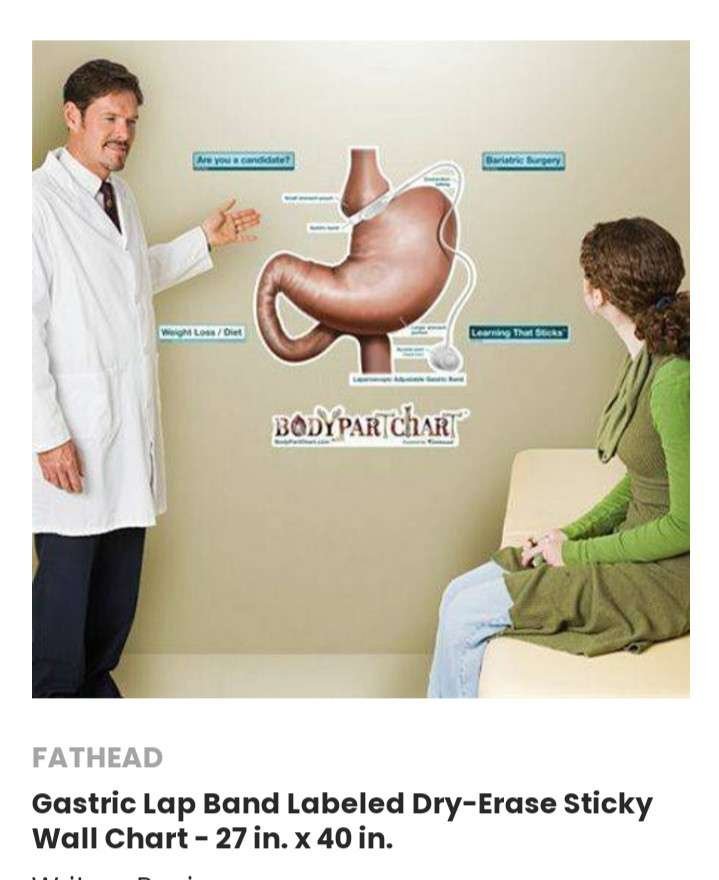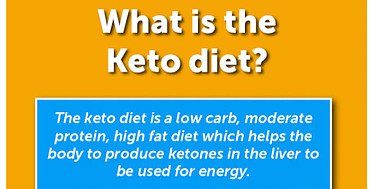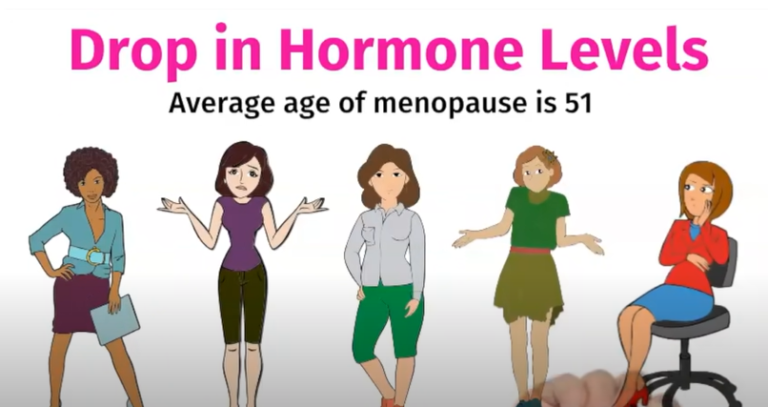Best Multivitamin After Gastric Bypass – Balancing Supplementation
Multivitamins play a vital role in post-gastric bypass recovery and long-term health. In fact, it is vitally important to find the best multivitamin after bypass surgery. 
Best Multivitamin After Bypass Surgery
Patients typically need to take specially formulated bariatric multivitamins, which contain higher doses of certain nutrients to address the specific needs of post-bypass patients. Since I have your attention, let’s explore the best multivitamin after gastric surgery.
These multivitamins play a major functional role because they do all of the following:
- Support wound healing and tissue repair after surgery
- Maintain overall health and prevent deficiency-related complications
- Aid in weight loss by ensuring the body’s nutritional needs are met
- Compensate for reduced nutrient absorption
Gastric Bypass and its Impact on Nutrient Absorption
Gastric bypass is a type of weight loss surgery that significantly alters the digestive system. In this procedure, a small pouch is created at the top of the stomach. It connects directly to the small intestine and bypasses a large part of the stomach and the first part of the small intestine (duodenum).
This alteration has a profound impact on nutrient absorption because:
1. Reduced stomach size limits food intake
2. Bypassing part of the small intestine decreases the absorption surface area
3. Changes in gut hormones and bile acid metabolism affect digestion
As a result, patients often experience malabsorption of essential nutrients, including vitamins and minerals, making nutrient supplementation crucial.
Nutrient Deficiency is Common After Surgery
Symptoms of nutrient deficiencies vary widely depending on the specific nutrient, but may include fatigue, weakness, poor immune function, skin problems, or cognitive issues.Treatment usually focuses on dietary changes, supplements, or addressing underlying health issues affecting nutrient absorption.
Nutrients Provide Nourishment
A nutrient deficiency occurs when your body doesn’t get or can’t absorb enough of a specific nutrient that’s essential for proper functioning. Nutrients are substances that provide nourishment for growth, metabolism, and other bodily processes.
Several nutrient deficiencies are common after gastric bypass surgery:
1. Vitamin B12: Essential for nerve function and red blood cell formation. Deficiency leads to anemia and neurological problems.
2. Iron: Crucial for oxygen transport in the blood. Deficiency causes fatigue and anemia.
3. Calcium and Vitamin D: Important for bone health. Deficiencies lead to osteoporosis and increased fracture risk.
4. Folate: Necessary for cell division and preventing birth defects. Deficiency causes anemia and increase the risk of cardiovascular disease.
5. Thiamine (Vitamin B1): Critical for energy metabolism. Severe deficiency leads to Wernicke-Korsakoff syndrome, affecting the nervous system.
6. Fat-soluble vitamins (A, D, E, K): Important for various bodily functions. Deficiencies affects vision, bone health, blood clotting, and more.
Essential Medical Check-Ups
Regular blood tests and medical follow-ups are essential to monitor these levels and adjust supplementation as needed. Proper supplementation with multivitamins helps prevent these deficiencies and their associated health risks.
Top Recommended Multivitamins for Post-Gastric Bypass
After gastric bypass surgery, patients often require specialized multivitamins to address potential nutritional deficiencies. Some leading brands and products in this category includes:
1. Bariatric Advantage: Offers a comprehensive line of bariatric-specific supplements, including their Ultra Solo with Iron multivitamin.
2. Celebrate Vitamins: Known for their multivitamin options like Multi-Complete 45 and Multi-Complete 60.
3. ProCare Health: Provides bariatric-specific multivitamins such as their Once Daily Bariatric Multivitamin with 45mg Iron.
Factors to Consider
When choosing a multivitamin after gastric bypass, several factors should be taken into account:
Patient Reviews
Look for feedback from other gastric bypass patients about absorption, taste, and ease of use.
Cost
Bariatric-specific multivitamins are more expensive than standard supplements. Compare prices and consider subscription options for potential savings.
Form
Available as capsules, chewable, or liquid. Some patients may prefer one form over others for ease of consumption and absorption.
Third-Party Testing
Look for products that have been independently tested for quality and purity.
Personal Experiences and Success Stories
One of my classmates had a Gastric Bypass surgery while we were attending summer school at Mt. San Jacinto College in 2005. Altogether she lost a ton of weight and also had her loose skin tightened, she admits that it was hard. This procedure probably saved her life.
Mona was severely overweight, and it was affecting her overall health. As a result, she decided to take the risk. It was one of the hardest decisions. She has also maintained her weight loss through the years, and she is extremely satisfied with the results.
Getting a Positive Outcome
Although my friend opted to commit to her weight loss maintenance and still takes her multivitamins this surgery is not for everyone. By the way, she looks pretty amazing today after her 100 pound weight loss. She often brags about:
- Improved energy levels
- Better absorption of nutrients
- Positive lab results
It’s important to note that individual experiences may vary, and what works well for one person may not be ideal for another. Patients should always consult with your healthcare provider first.
Practical Tips for Building a Consistent Vitamin Regimen
This is an important topic for individuals who have undergone this procedure, as proper nutrition and supplementation are crucial for maintaining health post-surgery.
- Choose the right formulation: Opt for chewable, liquid, or easily dissolvable vitamins, as they are better absorbed after gastric bypass.
- Start with a high-quality bariatric multivitamin: Look for one specifically designed for post-gastric bypass patients, which typically includes higher doses of essential nutrients.
- Maintain a regular schedule: Try to take your vitamins at the same time each day to build a habit.
- Store vitamins properly: Keep them in a cool, dry place and easily accessible to encourage consistent use.
Setting Reminders and Tracking Your Vitamin Intake
1. Use smartphone apps: Many apps are available for medication and supplement tracking, such as Medisafe or MyTherapy.
2. Set alarms: Use your phone or a smart device to set daily reminders for each supplement.
3. Use a pill organizer: A weekly pill organizer can help you visually track your intake and ensure you don’t miss doses.
Consulting with Your Healthcare Provider
1. Regular check-ups: Schedule and attend follow-up appointments as recommended by your surgeon or primary care physician.
2. Blood tests: Undergo regular blood tests to monitor your nutrient levels and adjust your supplement regimen as needed.
3. Discuss side effects: If you experience any adverse reactions to your supplements, consult your healthcare provider promptly.
Routine Monitoring of Nutrient Levels and Health Check-Ups
After gastric bypass surgery, regular health check-ups become crucial. The altered digestive system can lead to nutrient deficiencies, so it’s essential to monitor vitamin and mineral levels closely. Patients should also have regular blood tests.
These check-ups also allow healthcare providers to assess overall health, including weight loss progress, blood pressure, and blood sugar levels. It’s recommended to have these check-ups every three to six months in the first year post-surgery, and then annually or as advised by the healthcare team.
Balancing Diet and Supplementation
Maintaining a balanced diet after gastric bypass surgery is challenging but vital. The reduced stomach size means patients must focus on nutrient-dense foods to meet their nutritional needs. A diet rich in lean proteins, fruits, vegetables, and whole grains is typically recommended.
However, even with a carefully planned diet, supplementation is usually necessary. Most patients require daily multivitamins, calcium, vitamin D, and vitamin B12 supplements. Some may also need iron or other specific nutrients based on their individual needs.
Importance of a Support System and Ongoing Education
Long-term success after gastric bypass surgery often depends on having a strong support system. This can include family, friends, support groups, and healthcare professionals.
Support groups provide a platform for sharing experiences, challenges, and successes with others who have undergone similar procedures. Ongoing education is equally important.
Lifestyle Changes to Optimize Overall Wellbeing
Gastric bypass surgery is not just about weight loss; it’s about adopting a healthier lifestyle overall. This includes incorporating regular physical activity into daily routines.
Patients should aim for a combination of aerobic activities and strength training, gradually increasing intensity as their fitness improves. However, a simple walk will do the trick in most case scenarios.
Stress Management is Key
Stress management is another crucial aspect of post-surgery life. Techniques such as mindfulness, meditation, or yoga helps manage stress and emotional eating tendencies. Additionally, getting adequate sleep is vital for overall health and helps regulate hunger hormones. Also, steer clear of alcohol.
Final Thoughts
While challenges may arise, with proper management and support, patients can achieve lasting improvements in their health and quality of life. Remember, every patient’s journey is unique, and it’s essential to work closely with healthcare providers to tailor management strategies to individual needs.
Founder & CEO
mybluegenes.com






